Biotechnology has emerged as a transformative force in reproductive medicine, reshaping how we understand and approach human fertility and reproduction. This rapidly evolving field is breaking new ground in offering solutions to reproductive challenges, enhancing the prospects of parenthood for many.
Revolutionizing Fertility Treatments
One of the most significant impacts of biotechnology in reproductive medicine is the advancement of fertility treatments. Techniques like In Vitro Fertilization (IVF) and Intracytoplasmic Sperm Injection (ICSI) have revolutionized the treatment of infertility. Biotechnology has enhanced these procedures through improved protocols for embryo culture, genetic screening, and implantation, leading to increased success rates.
Genetic Screening and Embryo Selection
Preimplantation genetic diagnosis (PGD) and preimplantation genetic screening (PGS) are biotechnological advancements that have significantly impacted reproductive medicine. These techniques allow for the genetic analysis of embryos before implantation, helping identify genetic disorders and ensure the health of the offspring. This is particularly important for couples with a history of genetic diseases.
Preserving Fertility: Cryopreservation Techniques
Cryopreservation of gametes and embryos is another area where biotechnology has made substantial contributions. Advanced freezing techniques, like vitrification, have significantly improved the survival rate of frozen embryos and eggs, offering more flexibility in fertility planning and preserving fertility for individuals undergoing medical treatments that may affect their reproductive capabilities.
Stem Cell Research and Reproductive Health
Stem cell research, a cornerstone of biotechnology, holds great promise in reproductive medicine. It offers potential solutions for repairing reproductive tissues, treating conditions like premature ovarian failure, and even creating gametes from stem cells, a development that could revolutionize fertility treatments in the future.
Ethical Considerations and Counseling
With these advancements come complex ethical considerations. Biotechnology in reproductive medicine raises questions about genetic manipulation, eugenics, and the implications of advanced fertility techniques. Genetic counseling and ethical guidelines are essential components of reproductive biotechnology, ensuring that these technologies are used responsibly and ethically.
Tailoring Treatments with Personalized Medicine
Biotechnology is paving the way for personalized medicine in reproductive health. By understanding the genetic and molecular profiles of individuals, treatments can be tailored to maximize their effectiveness. This approach is particularly beneficial in addressing unexplained infertility and recurrent pregnancy loss.
Harnessing Big Data and AI in Reproductive Research
The integration of big data and artificial intelligence (AI) is revolutionizing reproductive medicine. AI algorithms analyze vast datasets from fertility treatments to identify patterns and predict outcomes, enhancing decision-making in treatment protocols. This technology aids in personalizing patient care, improving success rates, and optimizing the use of resources in fertility clinics.
Advancements in Non-Invasive Prenatal Testing
Biotechnology has also led to significant advancements in prenatal testing. Non-invasive prenatal testing (NIPT), which analyzes fetal DNA present in the mother’s blood, offers early detection of chromosomal abnormalities without the risks associated with invasive procedures like amniocentesis. This advancement is a milestone in prenatal care, providing safer options for expectant mothers.
The Future of Reproductive Medicine
Looking to the future, biotechnology holds the potential to further revolutionize reproductive medicine. Research in areas like gene editing, mitochondrial replacement therapy, and artificial gametes could redefine the possibilities in treating infertility and preventing genetic disorders. These technologies, while promising, will also require careful consideration of ethical, legal, and social implications.
Global Access and Disparities in Reproductive Technologies
While biotechnology offers advanced solutions in reproductive medicine, there remains a challenge in ensuring global access to these technologies. Disparities in healthcare infrastructure and affordability limit the availability of these advanced treatments in many parts of the world. Addressing these disparities is crucial for providing equitable reproductive healthcare.
Balancing Innovation with Patient-Centered Care
As biotechnology advances, maintaining a focus on patient-centered care is paramount. Personalized treatments, patient education, and emotional support are integral parts of reproductive medicine. Biotech innovations should be balanced with compassionate care, ensuring that patients’ needs and well-being remain at the forefront of medical advancements.
Conclusion
Biotechnology’s influence on reproductive medicine is a testament to the incredible strides made in this field. From enhancing fertility treatments to pioneering non-invasive prenatal testing, biotech continues to push the boundaries of what is possible in reproductive health. As we navigate the challenges and embrace the opportunities ahead, biotechnology stands as a key driver in shaping a future where reproductive health is more accessible, personalized, and effective for all.



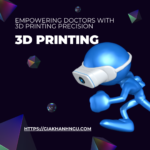








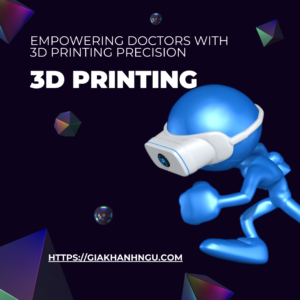
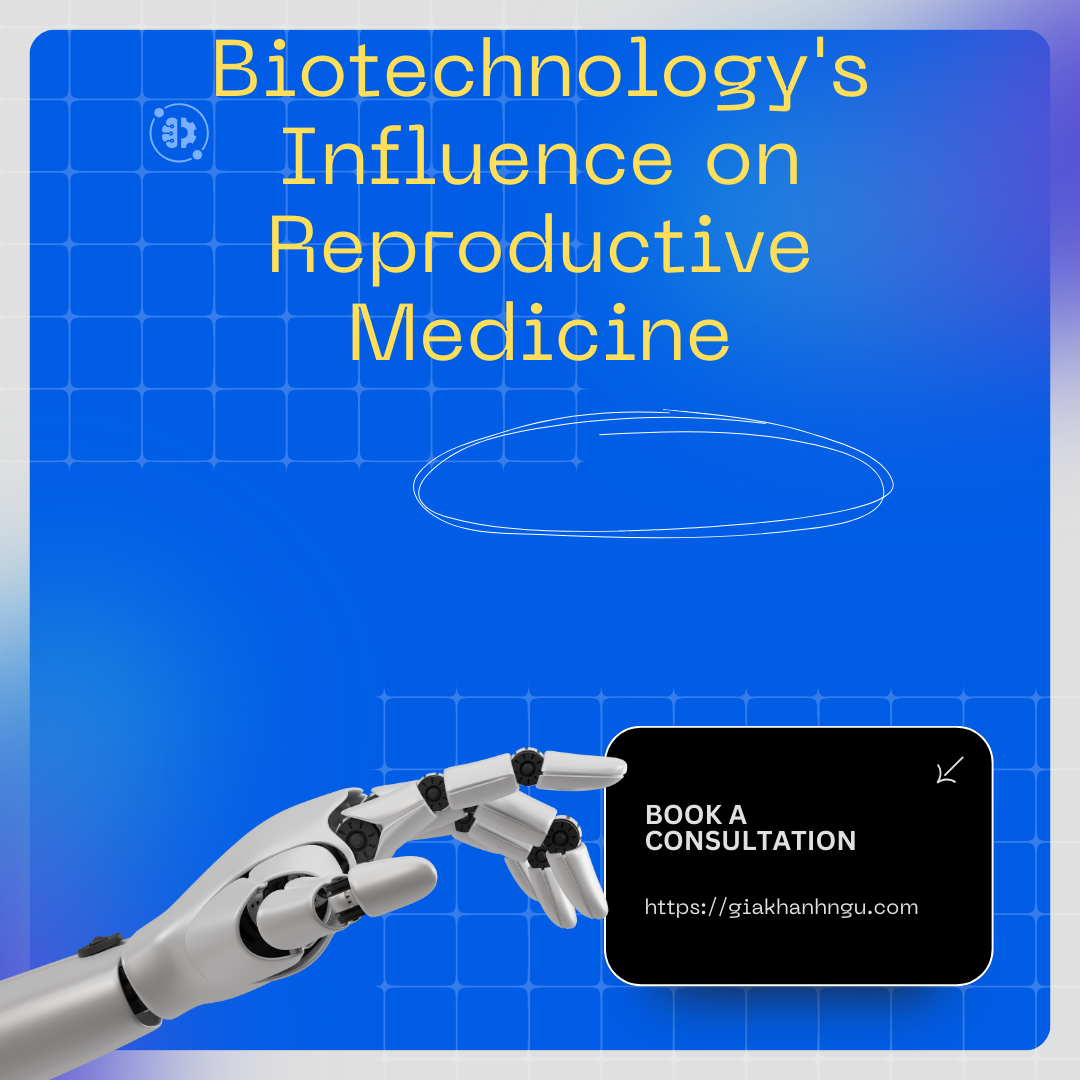
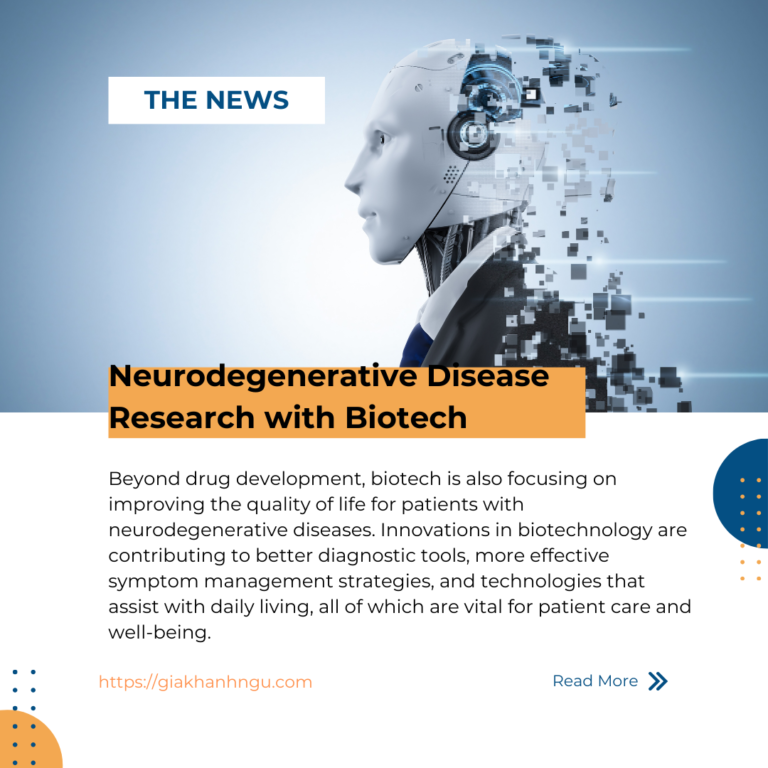



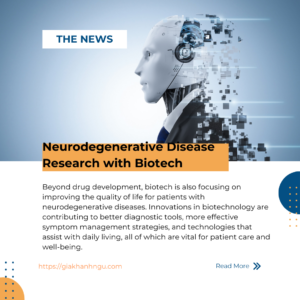

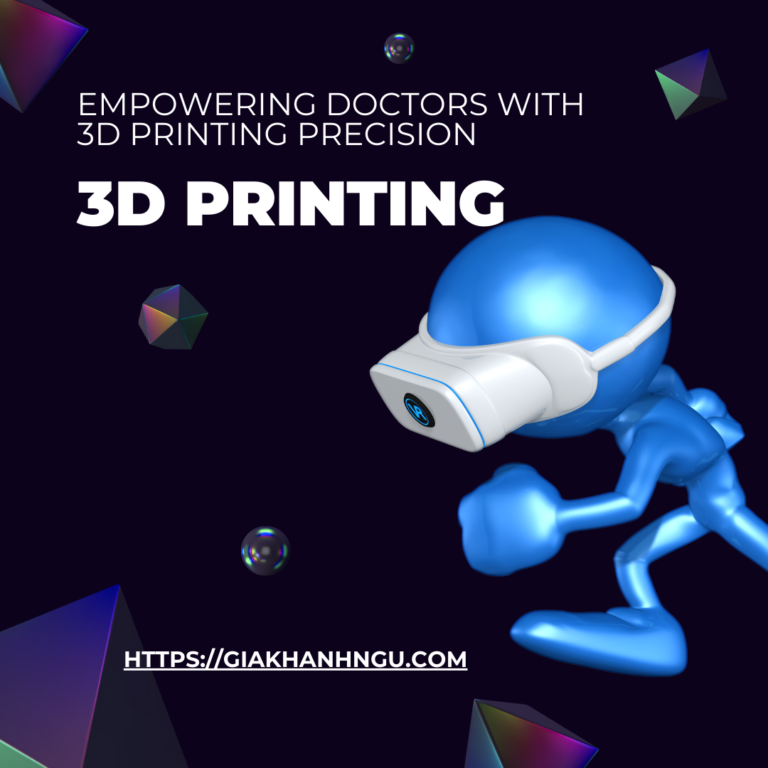
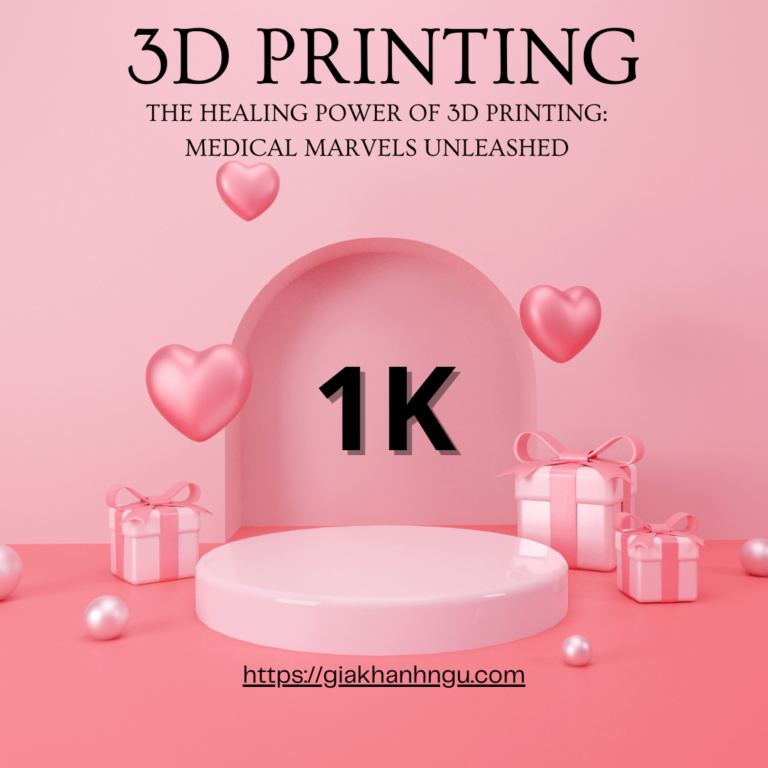



+ There are no comments
Add yours